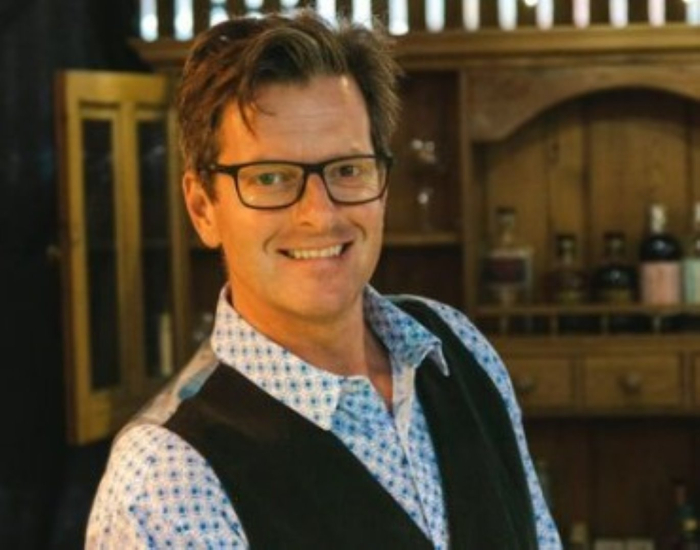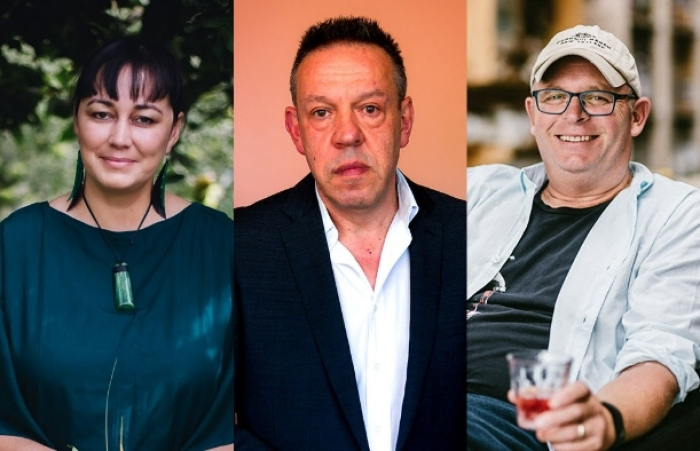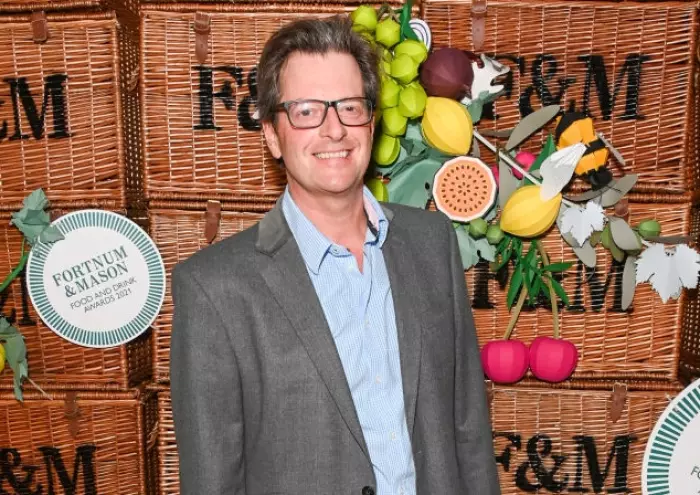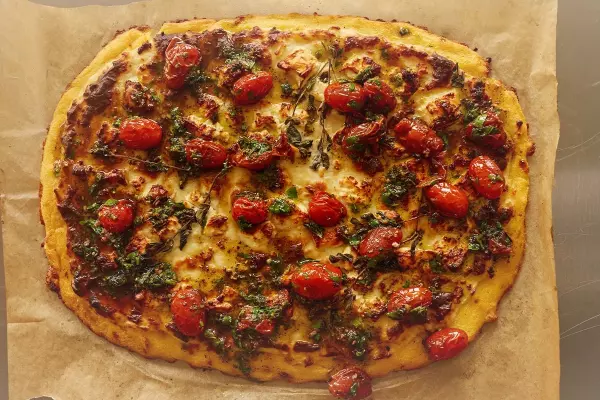“We’re all full of gastronomy and recipes,” William Sitwell once told a journalist.
“Turn on a TV anywhere in the world and you will see an idiot with a spoon. And every newspaper and magazine has recipes and a photo of the dish taken from above like a cadaver. It’s a form of onanism and is masturbatory. We must normalise food rather than put it on a pedestal out of reach.”
It isn’t every year that an international writer arrives in New Zealand with this provocative but prima facie correct observation to share with local literary audiences.
It isn’t any year, actually, given that this bespectacled 54-year-old English author is the first such writer ever to headline the country’s pre-eminent Auckland Writers Festival.
Or, indeed, any major local literary gathering at all.
Food-crazy NZ
Once upon a time, and not so long ago, these events seemed to be tailor-made for people on crash diets. Never a carb in sight. None of this wining and dining lark. What nourishment there tended to be was of the more earnestly cerebral kind.
Sure, food-crazy NZ buys nearly 1000 new cookery works each day. About a quarter of them are written by local authors. And this is a country where the only work ever to sell more than a million copies is the Edmonds Cookery Book.
And yet.

In addition to being a MasterChef UK judge and heavily knowledgeable restaurant critic for the Telegraph, Sitwell is the author of several high-gloss books.
His most recent, The Restaurant: A History of Eating Out (above), which offers a gastronomic jaunt over the past 2000 years, was polished off during the covid lockdowns.
Easily bored
He was the compiler of an excellent anthology, The Really Quite Good British Cookbook, and used to make the mortgage as editor of Waitrose Food magazine until falling afoul of the morality police on social media a few years ago (Sitwell had been discovered making a tasteless but sort of tasty joke about having dinner with vegans).
“I’m easily bored,” he told me in a Zoom call from Somerset ahead of his departure for Auckland, “so I’m constantly aware of the need to keep people awake.”

In both the UK and NZ, there's a widespread conviction that the golden age of dining has arrived, Sitwell says. (Image: Auckland Writers Festival)
Like all dapper food writers, Sitwell understands that the trick is not to write so much about what’s on the table as everything else in the universe that it accompanies.
“I love what I do,” he says. “I’m writing about the greatest subject on Earth, which is also the most limitless subject, because food is about everything, from politics to culture to history to health, life and death.”
Adjectival diarrhoea
Certainly, his festival appearances promise to be a symphony of splattering pots. One of the many scheduled sessions deals with writing a family memoir. Another interlude touches on his own culinary life and times.
There’s also a lunchtime chat about oh-so-fabulous dining, and one sincerely hopes – asking for a friend here – he finds time in that one to explain why so many restaurant critics these days appear to suffer from adjectival diarrhoea.
The same subject will be on the menu when he discusses his last book with Australian broadcaster Richard Fidler.
Evolution of NZ cuisine
On top of that, the food writer also gets to play food interviewer when he chairs a panel discussion on the evolution of NZ cuisine with Auckland restaurateur Al Brown, Kai author Christall Lowe and somebody called David Cohen.
“The picture you describe of past New Zealand festivals is not my experience here in Britain,” Sitwell says.
“We’re completely obsessed with food, and these days it’s very hard to get any other subjects on to the stage. The appetite for food content, whether on television or in books, seems to be insatiable, and that’s recognised at literary festivals.”

Christall Lowe, David Cohen and Al Brown will discuss the evolution of Kiwi cuisine with Sitwell during a panel discussion. (Image: Auckland Writers Festival)
Still, the two countries do share common epicurean ground, not least the widespread conviction in both that the golden age of dining has arrived.
Indeed, as Sitwell says, to read some writers, one would think that, as everything before the turn of the century belonged to some kind of dark age in which olive oil was taken from the medicine cabinet and avocados constituted the last word in exotic fruit.
One-track view
Then again, it’s certainly true that big changes have taken place on the back of popular shows such as MasterChef, the easing of import conditions and migration trends.
Especially the last, he believes.
“There’s a sort of one-track view of my country post-Brexit that we’re anti-immigrant. The truth is the opposite of that. We’ve welcomed immigrants more than any nation on Earth and we’ve welcomed them on to our high streets, where you will find a greater variety of food than you’ll find on any high street in any other country on the planet.”
Island nation
And for our session on the evolution of Kiwi cuisine, does he have any tips for what’s in store?
“I’m just going to attack it in a straightforward way,” he responds cheerfully, “and ask what the f*** is going on.
“I’d like to discover how the roots of New Zealand’s history illustrate the current food scene, what’s been banished along the way, how the modern culture affects what’s consumed, what the difference is between what you get in a restaurant and what people cook at home.
"And I want to know how being an island nation has affected you, and what the perception of New Zealand being a food-and-drink nation is versus the reality.”
Sounds fit for a main course.
● David Cohen is a journalist and author, whose collaborative works include The RNZ Cookbook (Massey University Press) and Ima Cuisine (Penguin). He joins William Sitwell at the Auckland Writers Festival on Friday, May 19, as part of a panel discussion on the evolution of Kiwi cuisine.














